Understanding Active Sleep
If you’ve ever watched your baby sleep and thought, “Why are they making so much noise?”—you’re not alone! This happens because of something called active sleep, and it’s a big part of how newborns rest and grow.
Instead of the peaceful, silent sleep you might have expected, your baby might be grunting, squeaking, wiggling, or even letting out little cries while still completely asleep. It can be confusing (and maybe even a little nerve-wracking) to see so much movement and hear so many sounds during sleep, but don’t worry—this is totally normal! Let’s break down what’s happening and what you need to know.
What Is Active Sleep?
Active sleep in newborns is similar to the Rapid Eye Movement (REM) sleep stage in adults. During this phase, babies may exhibit movements such as twitching, smiling, sucking, or brief vocalizations. Their breathing might become irregular, and their eyes can move beneath their eyelids. These activities are normal and indicate that your baby’s brain is active, processing and consolidating new information.
The Two Stages Of Sleep
Newborns cycle between two primary sleep states:
- Active Sleep: Characterized by movement and lighter sleep, making babies more susceptible to waking.
- Quiet Sleep: Marked by stillness and deeper sleep, where babies are less likely to awaken.
Each sleep cycle in a newborn lasts about 20-40 minutes, with active sleep comprising approximately half of this duration.
Why Is Active Sleep Important?
The active stage of sleep is essential for your baby’s brain development. It’s during this phase that the brain processes sensory experiences and supports cognitive growth. The frequent movements and noises are signs of a developing nervous system and are entirely typical.
How to Support Your Baby
- Recognize Normal Behaviors: Understand that movements and sounds during active stages of sleep are normal. There’s no need to intervene unless your baby appears distressed.
- Create a Safe Sleep Environment: Always place your baby on their back on a firm mattress without loose bedding or soft toys to ensure safety during all sleep stages.
- Allow Self-Soothing: If your baby stirs during active stages of sleep, give them a moment to resettle on their own. Intervening too quickly can disrupt their natural sleep cycle.
When to Be Concerned
While active sleep is normal, if you notice prolonged periods of restlessness, frequent awakenings, or signs of discomfort, consult your pediatrician to rule out any underlying issues.
Understanding active characteristics of sleep can alleviate concerns and help you provide the best care for your newborn. By recognizing these natural sleep patterns, you can ensure your baby gets the restful sleep essential for their growth and development.
If you are looking for more information on newborn sleep patterns and tips, I’d love for you to join us in the Snooze Clues Community. In the community, you can connect with other parents, ask questions, and access exclusive resources to support you during these early stages.









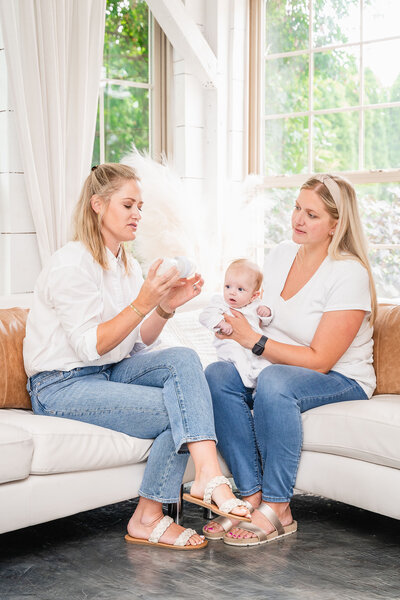
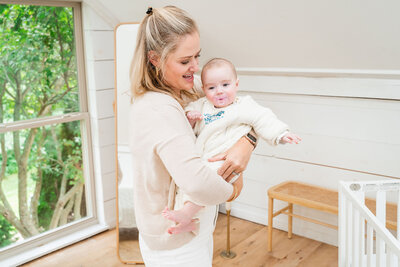





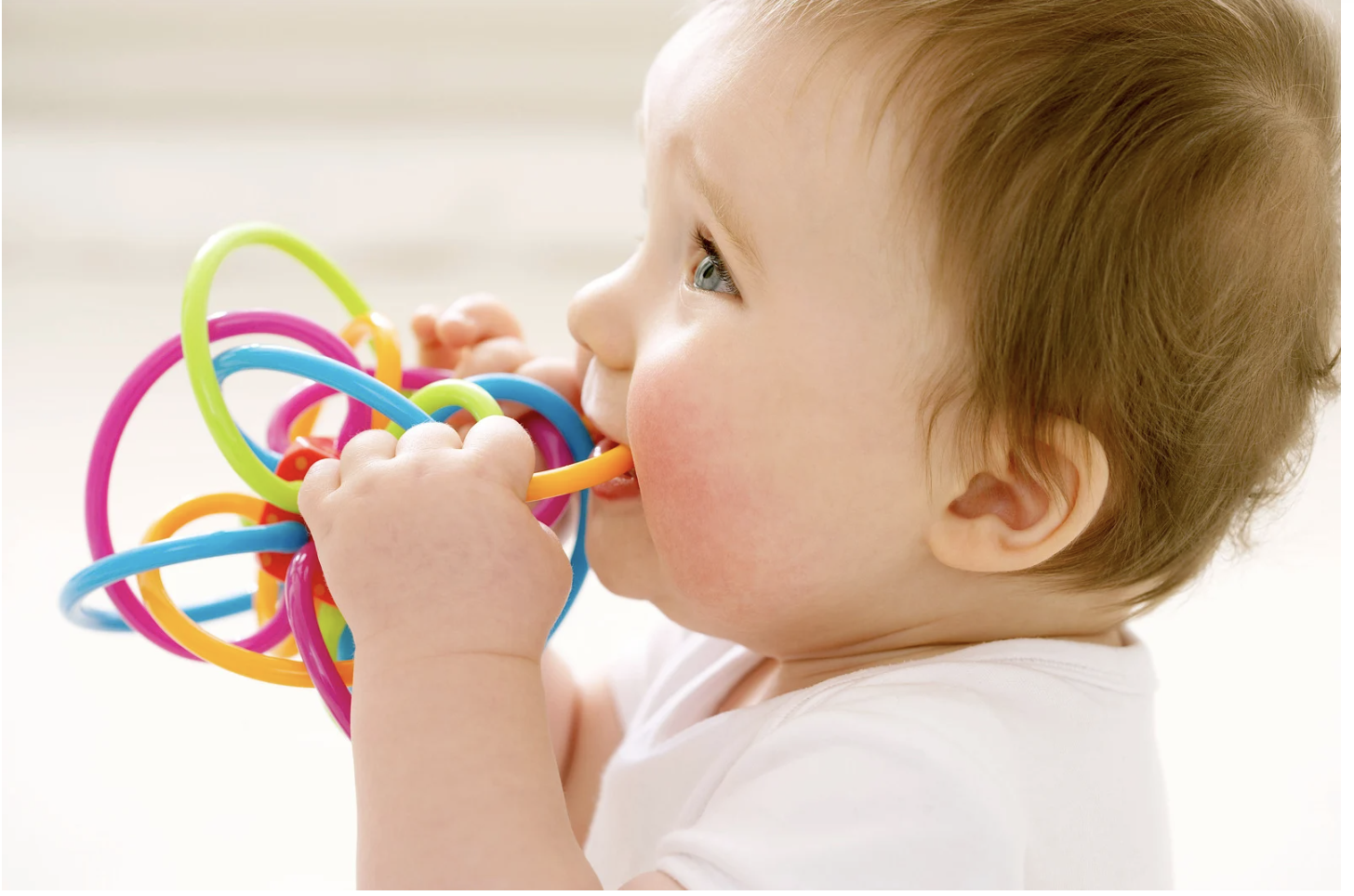


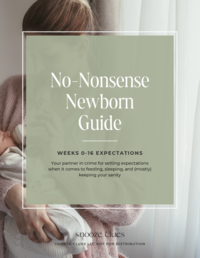
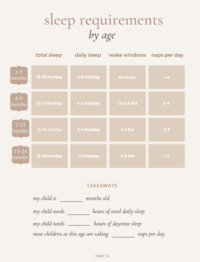

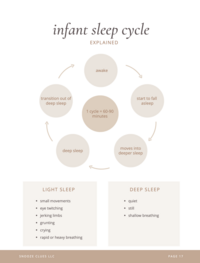



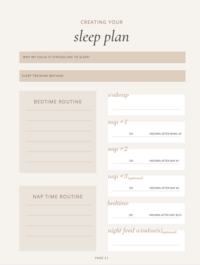
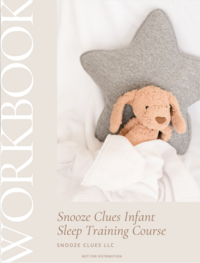
Read the Comments +